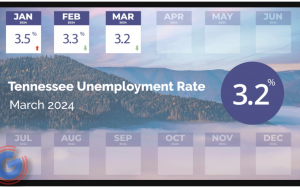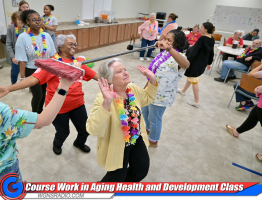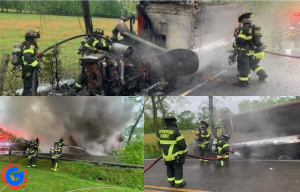The Tennessee Suicide Prevention Network (TSPN) has fielded several inquiries from the public regarding Netflix's popular series "13 Reasons Why," based on the novel by Jay Asher. This show's portrayal of death by suicide and the aftermath has aroused considerable controversy within the mental health community, especially those who work in the field of suicide prevention.
TSPN wishes to note that the portrayal of suicide in the mass media has been connected to increased incidents of suicide, especially if these portrayals are not accompanied by notices about available suicide prevention and/or mental health resources that viewers/readers can contact if they themselves are suicidal or severely depressed. This contagion effect has been documented as far back as the eighteenth century and confirmed by extensive research.
We believe that at the minimum, the series should include some reference to a suicide prevention/crisis intervention resource, such as the National Suicide Prevention Lifeline (1-800-273-TALK (8255) or the Crisis Text Line (text "TN" to 741741). The "Beyond the Reasons" companion series Netflix released alongside "13 Reasons Why" offers such information, but viewers must wait until after the show to see it.
We also concur with other mental health experts that teenagers should not watch this show without a parent or guardian present. The show's depictions of suicide, sexual assault, and bullying could prove triggering, and some people with a history of mental illness or trauma may need to avoid it entirely as a result. However, its handling of issues commonly faced by teens (bullying, gossip, sexual activity, etc.) offers an opportunity for eye-opening dialogue that will encourage young people to come to the adults in their lives with their problems and experiences.
We also recommend that both adults and teens watching the series familiarize themselves with the warning signs of suicide (listed at http://tspn.org/warning-signs) so they can get help for themselves and those around them as needed.
Other points that should be noted:
- The experience the lead character, Hannah, had with her school counselor, is not typical. Most counselors and mental health professionals can provide help for life challenges and mental illness... and if the person you see first can't or won't help you, keep trying and keep talking until you find someone who can. Remember that hotlines like those listed above are options.
- While the series portrays several characters as having contributed to Hannah's death, in reality no one person can or should be blamed for a suicide. Mental illness is a factor in 90 percent of all suicides, and external factors usually cannot entirely explain why someone chooses to take his or her life. Many people experience bullying, assault, and other trauma without dying by suicide.
- Hannah's death may be the start of this story, but in real life, suicide is the end. There can only be a happy ending, or at least one you can work with, if you keep living. If you choose to die, you will not only miss out on those better days, but cause heartbreak, guilt, and psychological damage for everyone around you. Research shows that the average suicide affects 115 people--25 of whom will be affected deeply enough to require therapy or intervention.
While "13 Reasons Why" is far from an ideal portrayal of youth suicide, with the proper guidance it can serve as a tool for a deeper discussion about suicide, mental health, and other issues. We at TSPN would like to be a part of that dialogue and would like to offer any non-emergency resources and information the community needs.
TTY line: 1-800-799-4TTY (4889)
For non-emergency information on suicide prevention, contact the Tennessee Suicide Prevention Network at (615) 297-1077 or tspn@tspn.org.












